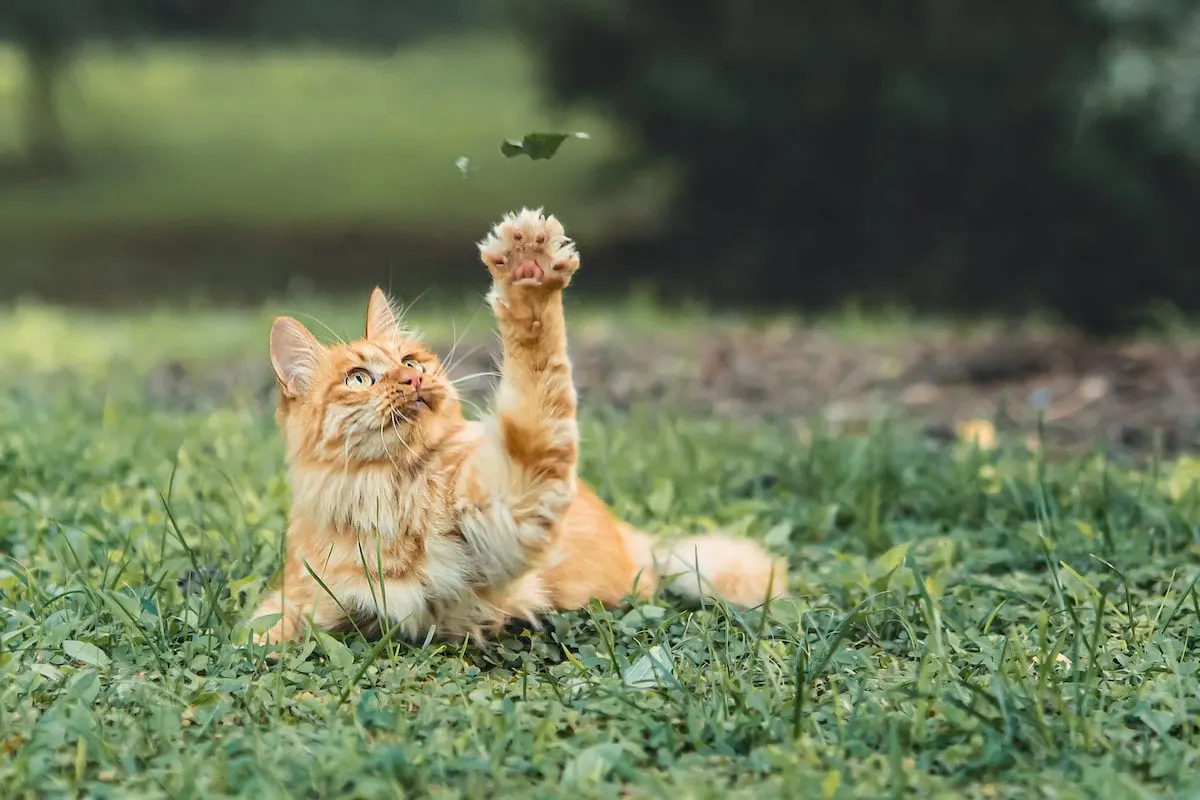In this post we’ll investigate if cats can eat cucumbers, and how to do so safely and properly.
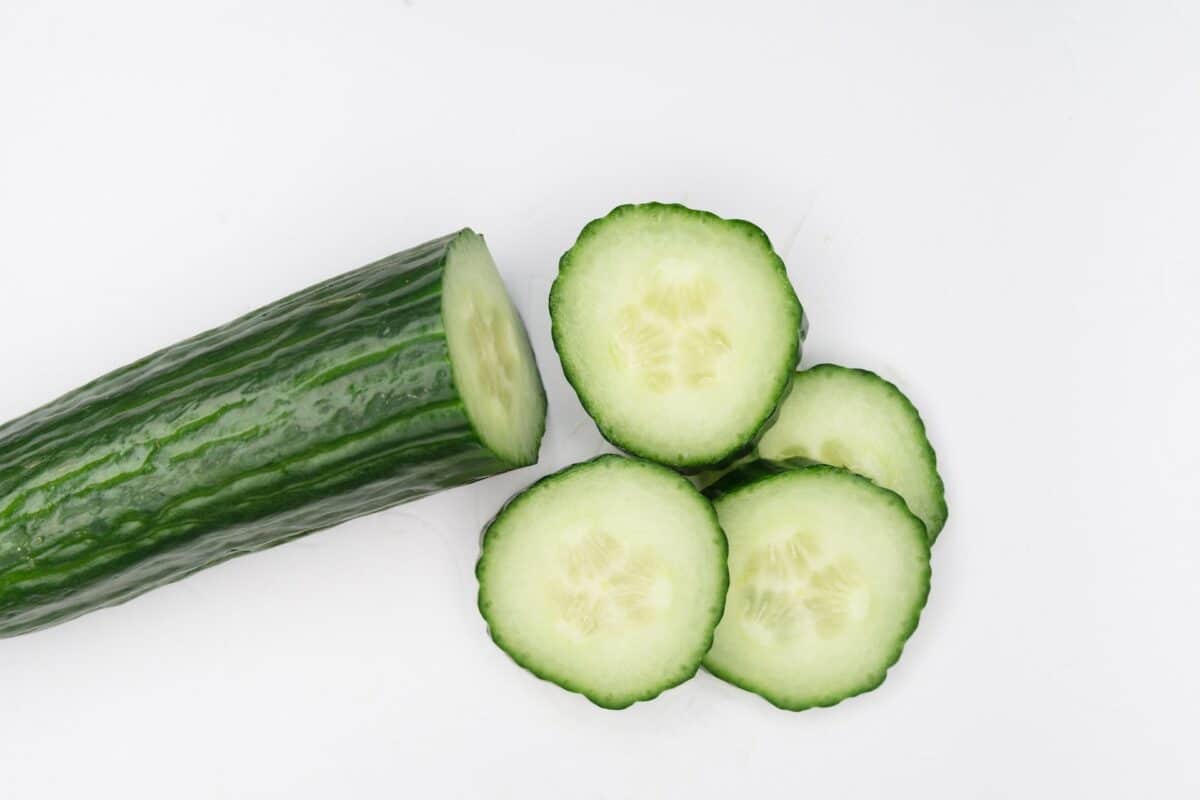
Cucumbers are a popular snack for humans, but some cat owners may wonder if they can share this veggie with their feline companions. While cats might be carnivorous eaters and prefer meat over vegetables, it never hurts to think about giving your pet a more varied diet.
Here, we’ll explore whether cucumbers are safe for cats to eat, any potential benefits or risks of feeding them cucumbers, and how to safely prepare and serve cucumbers to cats. We’ll also address common concerns about feeding cucumbers to cats and offer some alternatives to consider if you’re looking for healthy treats for your cat.
Can Cats Eat Cucumbers? Pros and Cons
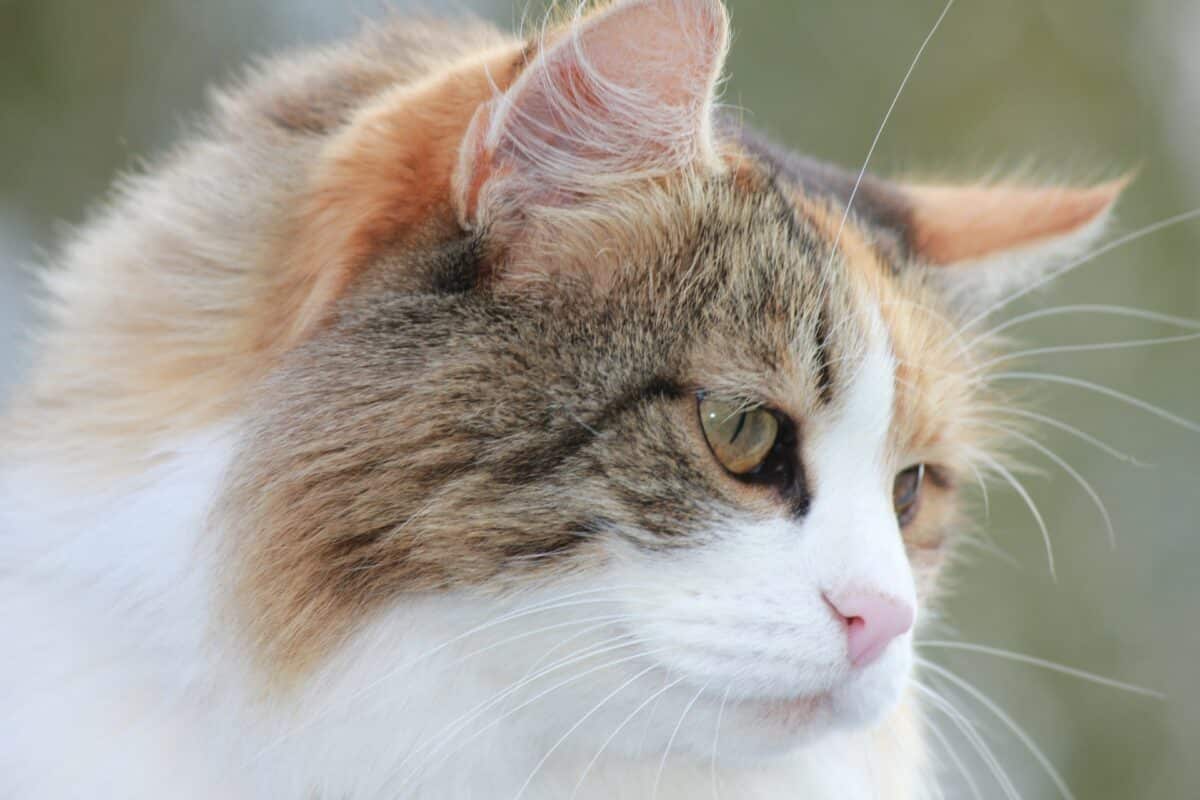
While cats prefer meat, some fruits and vegetables can be safe for them to eat in small amounts. Cucumbers are one of the vegetables that many cats enjoy, and in moderation, they can be a safe and healthy addition to a cat’s diet.
Nutritional Content
Cucumbers have low caloric value and high water content, making them a great snack for cats who need to stay hydrated. They also contain small amounts of vitamins and minerals, including vitamins C and K, potassium, and magnesium.
Potential Benefits of Feeding Cucumbers to Cats
Feeding your cat cucumbers may have some potential benefits. For example, the high water content of cucumbers can help keep your cat hydrated. This is especially important for cats who don’t drink enough water or when the weather is especially blazing. Additionally, some cats may enjoy the crunchy texture of cucumbers, which can help keep their teeth clean.
Possible Risks of Feeding Cucumbers to Cats
While cucumbers are generally safe for cats, there are a few potential risks to be aware of. First, if your cat eats too many cucumbers, it could lead to digestive issues, including diarrhea or vomiting.
Moreover, certain cats are allergic to or have problems digesting cucumbers. If your cat has never eaten cucumbers, it’s important to introduce them slowly and in small amounts to avoid any potential adverse reactions. Monitor your cat’s reaction and keep an eye out for any signs of allergies. If you’re unsure whether cucumbers are a good choice for your cat, it’s always best to check with your veterinarian.
How To Safely Feed Your Kitten Cucumbers
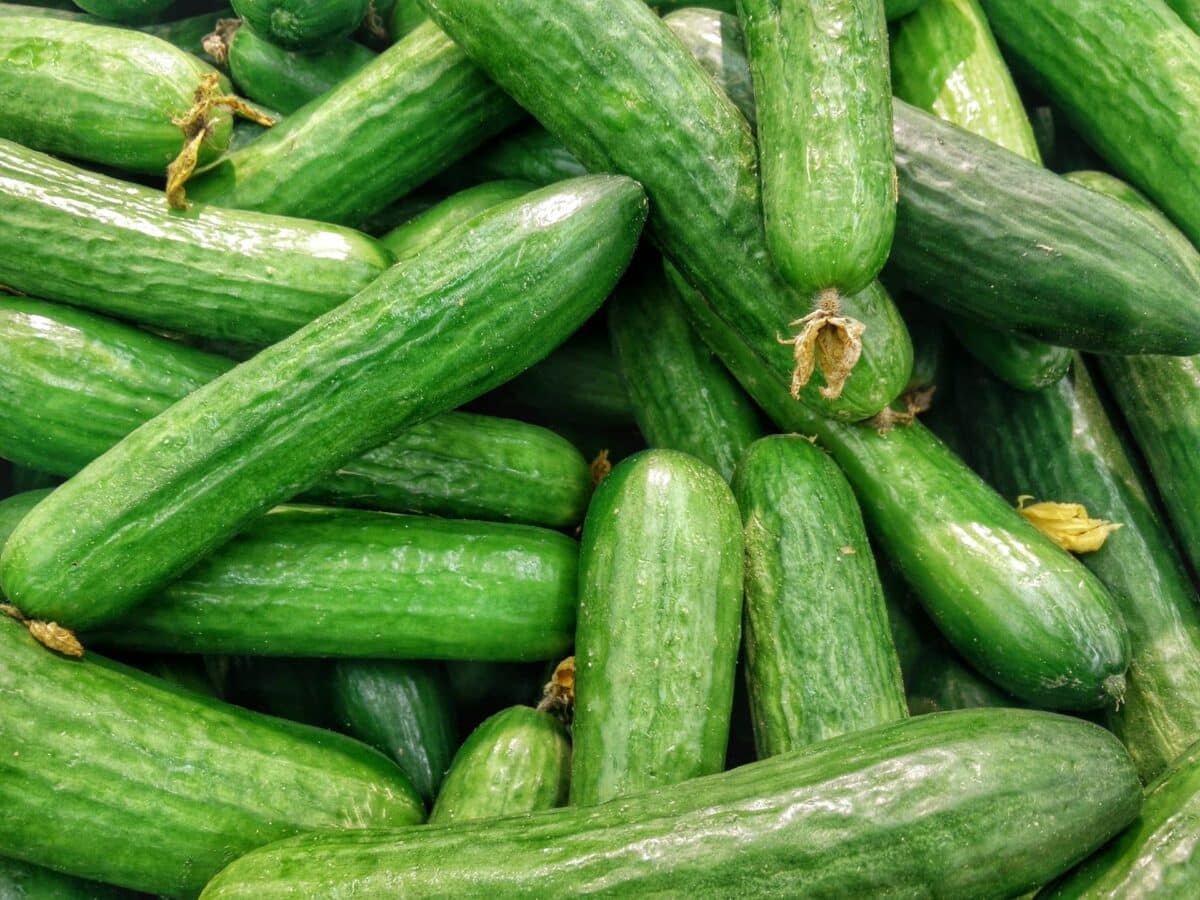
If you’ve decided to offer cucumbers as a snack to your cat, there are a few things to keep in mind to ensure that your cat stays safe and healthy.
Preparing Cucumbers
First, wash the cucumbers so as to remove possible pesticides and dirt remaining on the skin. You should also peel the skin itself, as it can be problematic for the cats’ digestion. Finally, slice the cucumber into small, bite-sized pieces that are easy for your cat to chew.
Serving Sizes and Frequency
Cats don’t need fruits and vegetables in their diet, so cucumbers should be offered in moderation as a treat rather than as a staple food. The recommended serving size for cats is one to two small slices of cucumber per day.
Monitoring Your Cat’s Reaction
After introducing cucumbers to your cat’s diet, carefully monitoring their reaction is important. Watch out for possible symptoms of a bad reaction to this food, for example, diarrhea or vomiting. If your pet displays these signs, contact the vet as soon as possible.
By following these tips, you can safely offer cucumbers to your cat as a healthy and hydrating snack. However, it’s important to remember that every cat is different, and some cats may not enjoy cucumbers or may have difficulty digesting them.
Common Concerns About Feeding Cucumbers to Cats
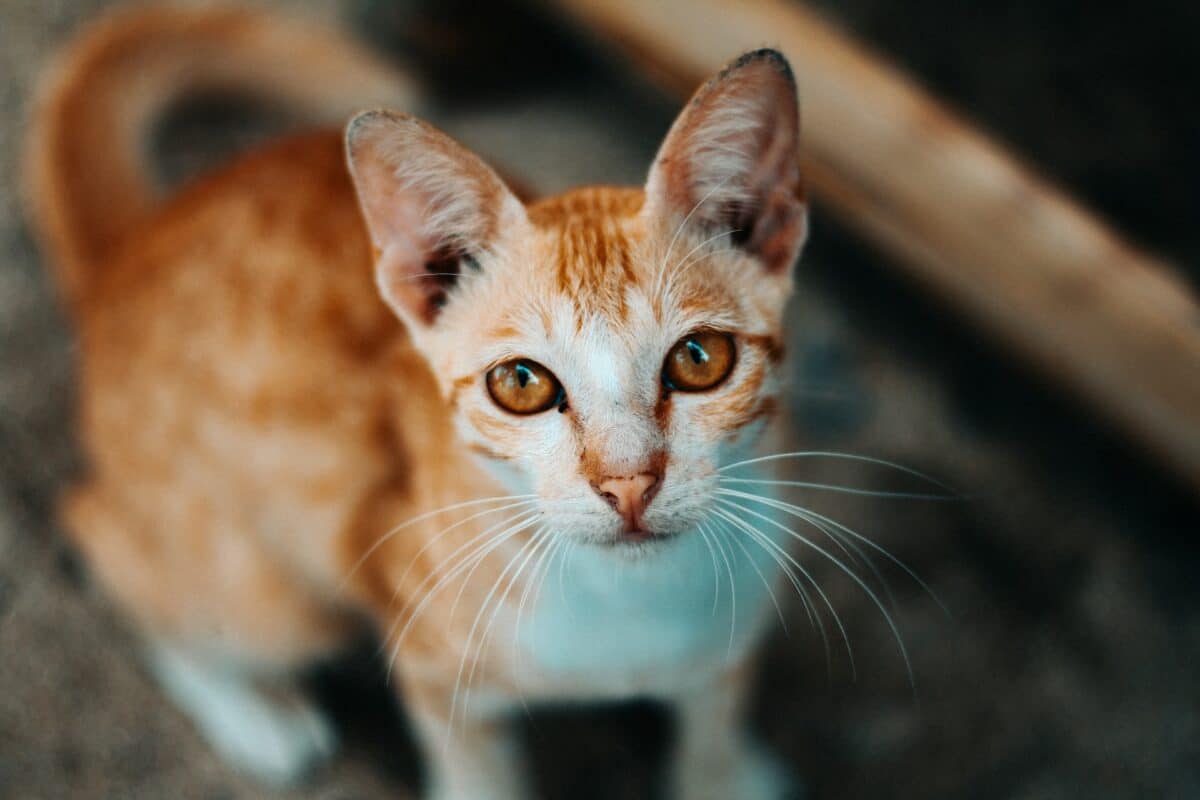
While cucumbers are generally safe for cats to eat in moderation, cat owners may encounter a few common concerns when feeding them cucumbers.
Digestive Issues
If your cat eats too many cucumbers or eats them too quickly, it can lead to an upset stomach, causing diarrhea or vomiting. Certain cats may also have allergic or otherwise discomfiting responses to eating cucumbers due to an inability to digest them.
Choking and Blockages: Can Cats Eat Cucumbers Without Choking?
Cucumbers are not a particularly high-risk food for choking or blockages. However, it’s still important to slice them into small pieces and monitor your cat when they eat to ensure they have no difficulty swallowing.
Toxicity Alerts
Cucumbers themselves are not toxic to cats, but certain types of cucumbers may have been treated with pesticides or other chemicals that could be harmful if ingested. To minimize these issues, wash and clean the cucumbers, as well as strip them of their skins before feeding it to your cat.
Consequences of Eating Cucumbers
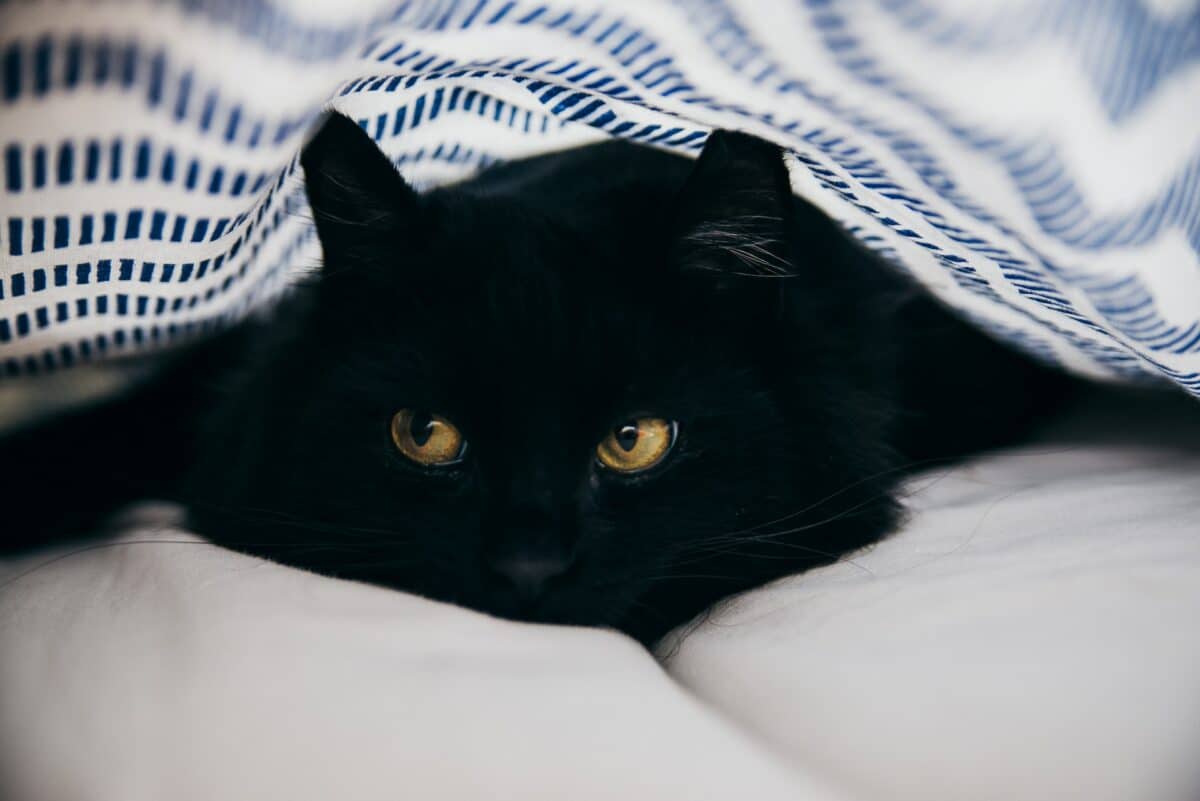
If your cat has eaten too much cucumber or has an adverse reaction, it’s important to take action to keep your cat safe.
Signs of Cucumber Poisoning or Other Negative Reactions in Cats
Signs of poisoning because of cucumbers include:
- Diarrhea
- Loss of appetite
- Lethargy
- Vomiting
If your cat displays any of these symptoms, it’s important to stop feeding them cucumbers immediately and consult your veterinarian.
Steps to Take If It Happens
If your cat has eaten too much cucumber or is having an adverse reaction, the first step is to remove any remaining cucumber from its bowl. Secondly, have your cat drink lots of water to induce a cleansing of the digestive system via increased bowel movements.
If your cat’s symptoms persist or worsen, or you are unsure whether they have ingested something harmful, it’s important to seek veterinary care immediately.
Alternatives to Cucumber
While cucumbers can be a healthy snack for cats in moderation, they are not necessary for a cat’s diet. Here are some other healthy alternatives:
- Cooked chicken or fish (without bones or seasoning)
- Small amounts of plain, unsweetened yogurt
- Cat-specific treats or snacks designed for feline nutrition
It’s important to remember that cats’ bodies are designed to thrive on a meat diet. While small amounts of fruits and vegetables can be safe and even beneficial for cats, they should not make up a significant portion of their diet.
Are Cats Scared of Cucumbers?

A viral video trend on the internet, ‘Cats vs. Cucumbers,’ show cats being startled by cucumbers placed behind them while they are eating or sleeping.
While some cats may be scared by unexpected objects placed near them, including cucumbers, it is not recommended to scare or startle your cat intentionally. Doing so can cause unnecessary stress and anxiety for your feline companion.
It’s important to always treat your cat with respect and kindness and to provide them with a safe and comfortable living environment.
Key Points
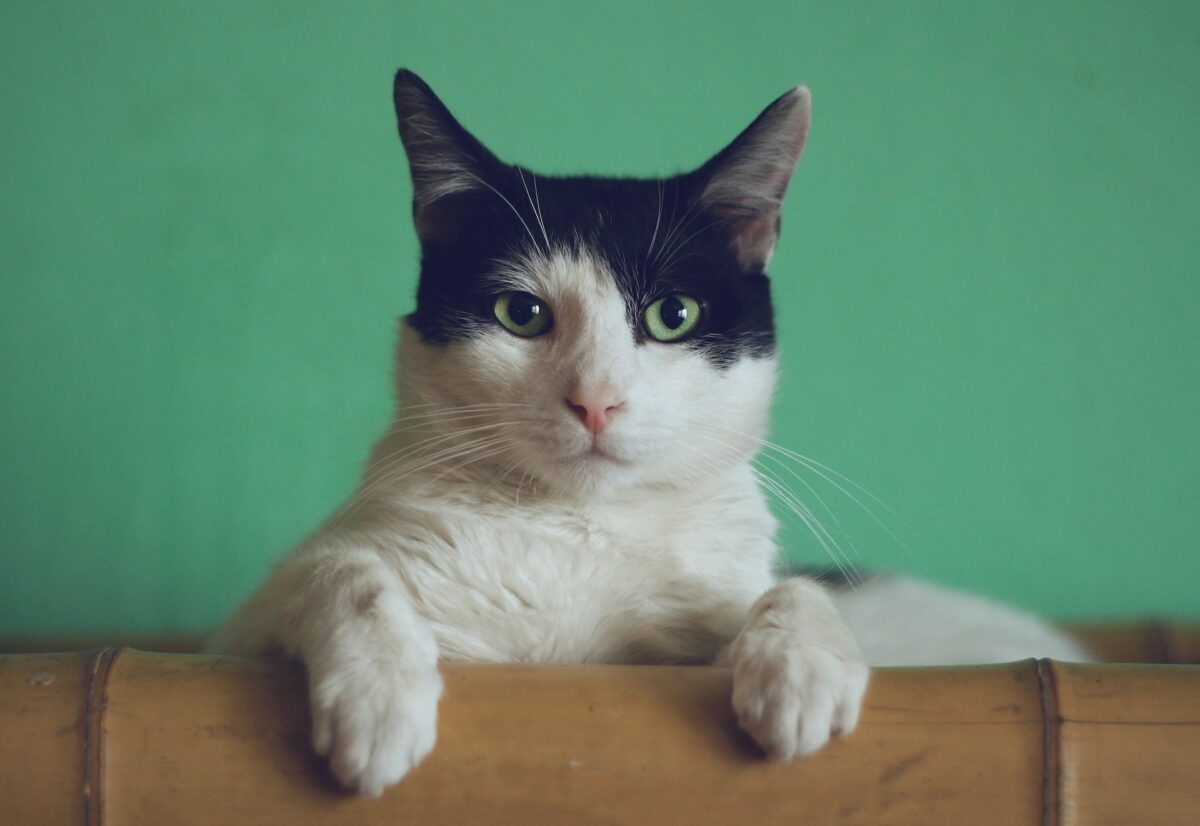
| Cucumbers can be a safe and healthy snack for cats if given in moderation. |
| Cats can benefit from the nutritional content of cucumbers, such as the high water content and vitamins. |
| It’s important to prepare and serve cucumbers properly, and to monitor your cat’s reaction closely. |
| Cats may not need fruits and vegetables in their diet, but but it’s good to keep their diet varied. |
| Intentionally scaring or startling your cat with cucumbers is not recommended and can cause unnecessary stress. |
Conclusion
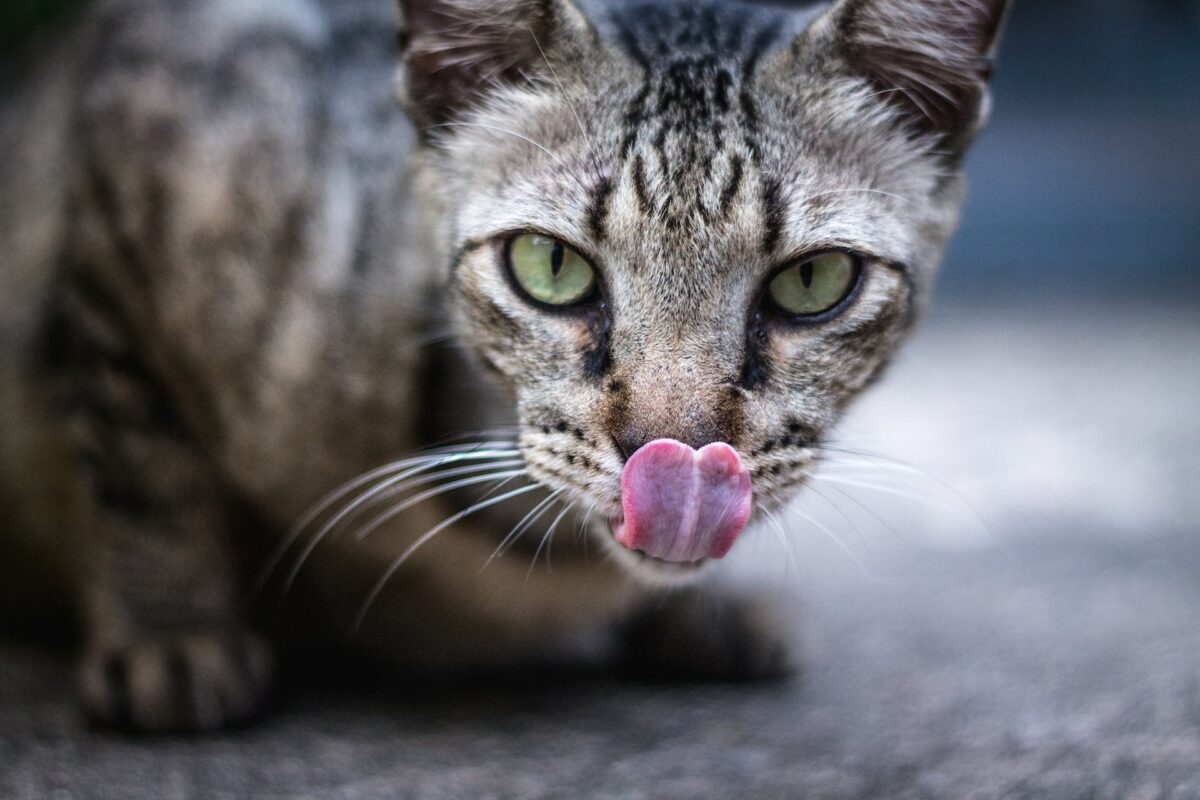
To summarize, cucumbers can make a great and safe snack for your feline friend if you take precautions.
If you’re ever in doubt, it’s always a good idea to chat with your vet first to ensure it fits your cat’s diet well. Keep in mind that while cucumbers offer some benefits, they’re not necessary and should only be given in small amounts as part of a balanced diet.
Most importantly, don’t forget to show your kitty lots of love and care, and treat them to the occasional healthy treat!
Thank you for reading this article! We’ve assessed a variety of other foods and their suitability for your pets, read our post Can Cats Eat Bell Peppers?
- 7 Critically Endangered Spider Monkeys Found At Texas Border - October 21, 2024
- The Fastest Flying Insect in the World: The Dragonfly - October 21, 2024
- Trend-Setters: Orcas Started Wearing Salmon Hats In the 80s - October 21, 2024

